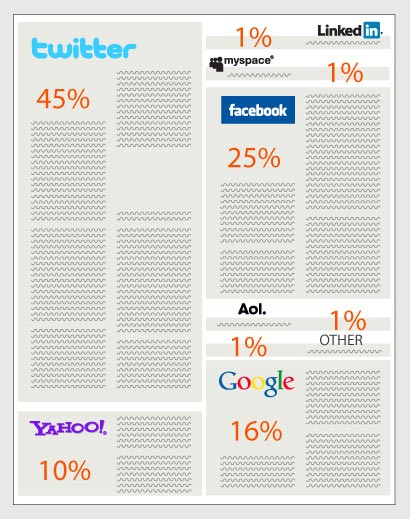News organisations and journalists wanting to make better use of Facebook to promote and share their work would do well to read NPR’s findings from its survey of more than 40,000 of its Facebook fans.
While NPR admits some of the responses will be skewed because the questions were asked via Facebook, the news organisation does have more than one million fans, so it must be doing something right.
Some important points:
- “Users don’t think the number of ‘likes’ on a Facebook post will make them more likely to click it”;
- “The vast majority (84 per cent) of NPR Facebook fans regularly read the links we post”;
- NPR’s Facebook fans “are more inclined to consume NPR content on Facebook that other news sources”.
Full round-up of results at this link…
And if you fancy befriending Journalism.co.uk on Facebook, our fan page is at this link.

